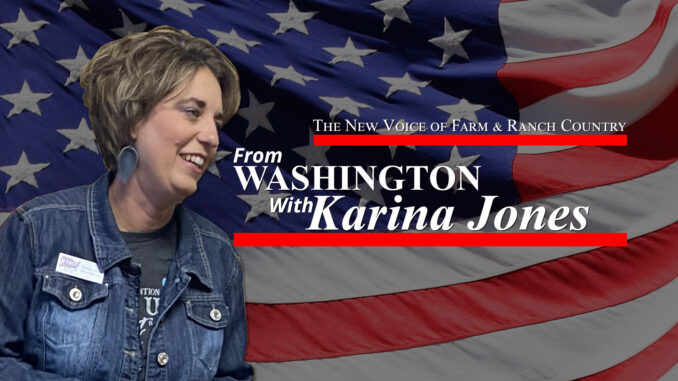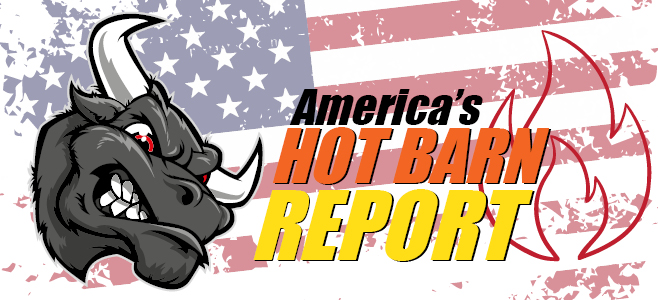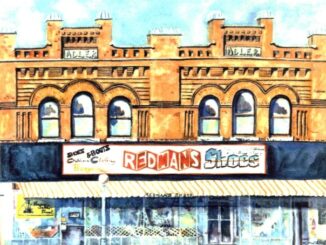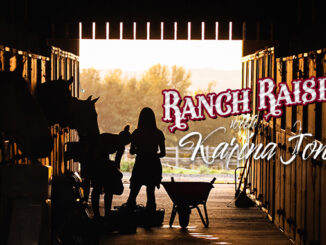

From Washington with Karina Jones is brought to you by BillionAuto.com one of the nation’s largest automotive websites!
Karina Jones is a real-life ranch wife in the Nebraska Sandhills, Field Director for R-CalfUSA and one of the most highly sought-after speakers in the cattle industry nationwide!
And now the NEW VOICE of Farm & Ranch Country, Karina Jones –
Hello, everyone, out there in farm and ranch country.
This week in Washington we saw a bi-cameral, tri-partisan effort to bring meat to your table, from your local farmer with less red tape.
According to a press release, U.S. Representatives Chellie Pingree (D-Maine) and Thomas Massie (R-Ky.) reintroduced the Processing Revival and Intrastate Meat Exemption (PRIME) Act to make it easier for small farms and ranches to serve consumers. The PRIME Act (H.R. 2814) would give individual states freedom to permit intrastate distribution of custom-slaughtered meat such as beef, pork, or lamb to consumers, restaurants, hotels, boarding houses, and grocery stores.
“More and more, consumers want to know where their food is coming from, especially after the pandemic exposed break downs in our supply chains,” said Pingree. “A farmer in Maine shouldn’t have to drive hours to get to a USDA-inspected processing facility when other safe options are available. The bipartisan PRIME Act will make it easier for local farms to compete with big meat companies and make locally raised livestock processing more widely available. This bill will address the needs of communities in a way that supports them by allowing America’s family farms to do what they do best – feed their neighbors.”
“Consumers want to know where their food comes from, what it contains, and how it’s processed. Yet, federal inspection requirements make it difficult to purchase food from trusted, local farmers,” said Massie. “It is time to open our markets to give producers the freedom to succeed and consumers the freedom to choose.”
Current law exempts custom slaughter of animals from federal inspection regulations, but only if the meat is slaughtered for personal, household, guest, and employee use. This means that to sell individual cuts of locally raised meats to consumers, farmers and ranchers must first send their animals to one of a limited number of USDA-inspected slaughterhouses. These USDA-inspected slaughterhouses are sometimes hundreds of miles away from farms and ranches, adding substantial transportation costs and increasing the chances of locally raised meat co-mingling with industrially-produced meat. The PRIME Act would expand the current custom exemption and allow small farms, ranches, and slaughterhouses to thrive.
Companion legislation (S. 907) has been introduced in the U.S. Senate by Senators Angus King (I-Maine), Rand Paul (R-Ky.), Mike Braun (R-Ind.), Kevin Cramer (R-N.D.), John Hoeven (R-N.D.), Mike Lee (R-Utah), and Cynthia Lummis (R-Wyo.).
Pingree, a longtime farmer, is a member of the House Agriculture Committee and the House Appropriations Subcommittee on Agriculture. Massie raises cattle on his off-the-grid farm in northeast Kentucky.
Considering that the USDA has continued to lower inspection standards of foreign processing facilities over the years, it seems only right to help the American farmer and rancher sell meat to their neighbors on a level playing field. I have never understood how it was safe to sell a half of beef out of a custom exempt slaughterhouse, but I would be breaking the law if sold a pot roast to my preacher out of the same plant, so I think the PRIME Act makes sense.
Join me right back here next week as I bring you ag news from our nation’s capitol.

Karina ranches with her husband, Marty, and 4 children near Broken Bow, NE. She grew up in western NE, with roots also in southwest SD. The cattle industry and raising kids is her passion.
Tune in Fridays on The Hot Barn Report, where she deep dives into cattle industry issues and highlights industry reforms or listen to Ranch Raised with Karina Jones a slice of daily life on the Jones Ranch.







